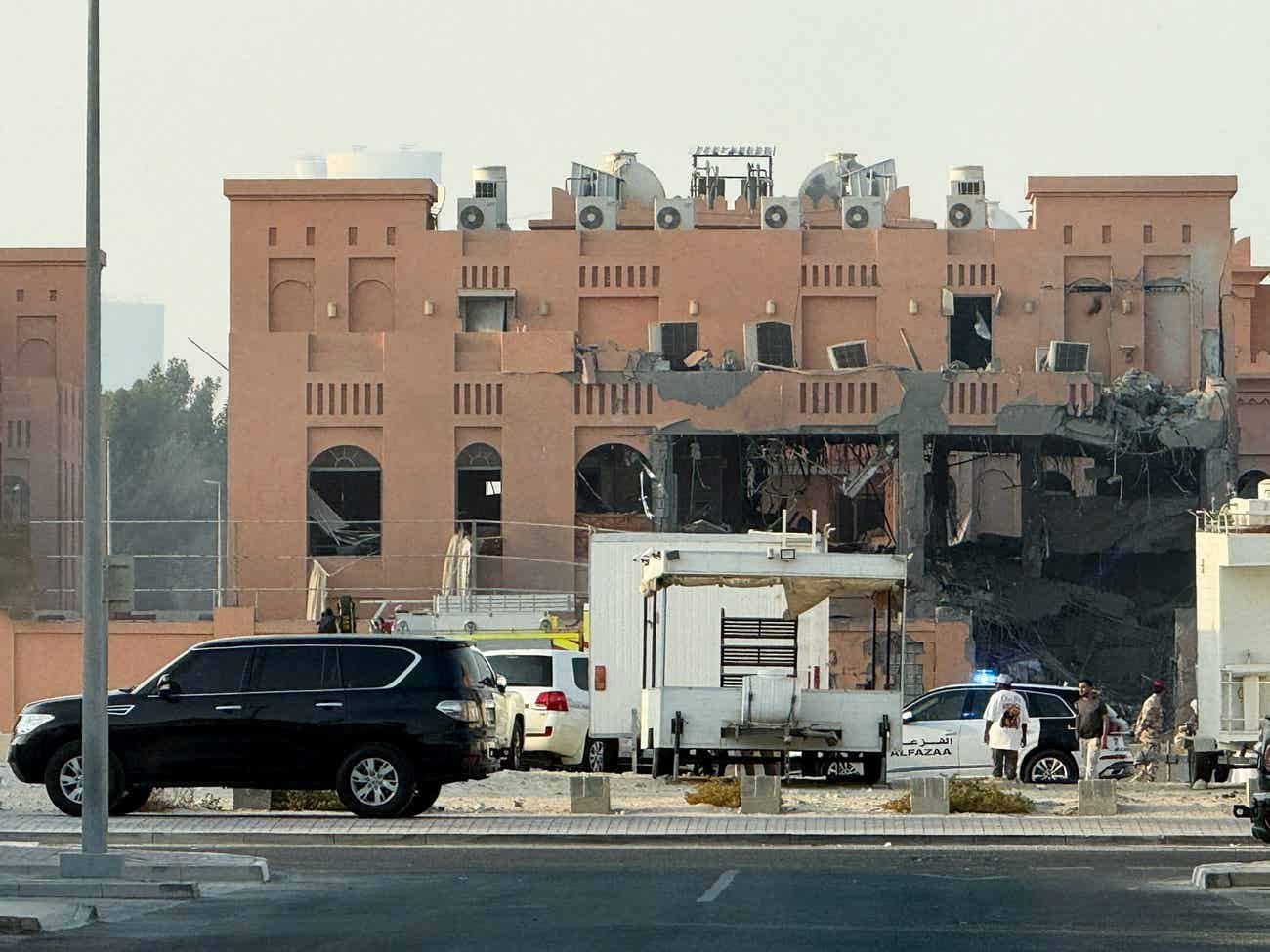On September 9, explosions ripped through Doha, Qatar, as the Israel Defense Forces (IDF) and security agency Shin Bet executed what they described as a “precise strike” targeting the senior leadership of Hamas—a dramatic expansion of military operations into the Gulf where Hamas maintains its political base. The attack struck amid a crucial negotiating meeting on a U.S.-proposed Gaza ceasefire, raising both alarm and international backlash.
Witnesses in the Katara district reported multiple blasts and plumes of black smoke rising near a guarded residential compound, soon swarming with ambulances, police, and government vehicles. Israeli officials confirmed that the strike targeted prominent figures including Khalil al-Hayya, a central Hamas negotiator and leader, while Qatar condemned the action as a “cowardly attack” violating international law and infringing Qatari sovereignty.
Hamas sources said that its negotiating delegation survived the strike, even as Qatar scrambled to contain panic. The U.S. Embassy in Doha issued a shelter-in-place advisory, underscoring the broader security implications for foreign nationals.
The timing is especially incendiary: the strike interrupted discussions over a U.S.-backed ceasefire plan that hinges on Israel withdrawing from Gaza in exchange for hostage releases—a proposal already facing resistance from both sides. Analysts warn the attack could derail delicate negotiations and escalate regional instability.
In a pointed statement, Prime Minister Benjamin Netanyahu’s office insisted: “Israel initiated it, Israel conducted it, and Israel takes full responsibility.” Such direct admission reflects a bold shift in strategy, dramatically extending Israel’s campaign beyond its borders.





